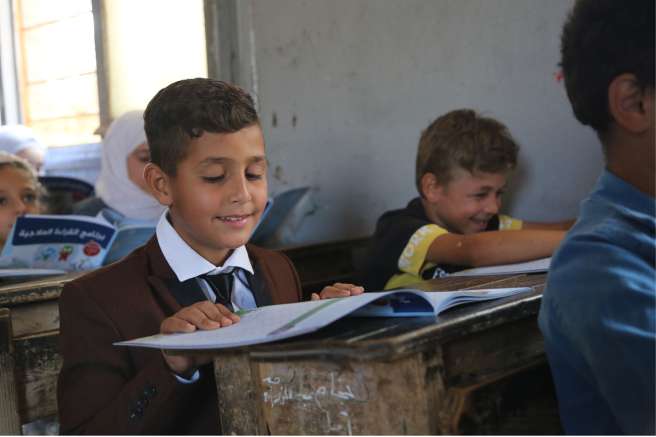As Turkey and Syria rebuild after the devastating earthquake that struck six months ago, stories of support from community organisations demonstrate the power of compassion and solidarity during times of crisis.
The earthquake that hit southern Turkey and northern Syria in early February caused widespread devastation. At least 58,000 men, women and children died. Homes, hospitals and schools were destroyed. Lives were changed forever.
The situation was particularly grim in northwest Syria, which was already struggling with the impact of more than 12 years of war. The region already had over four million people in need of aid before the earthquake struck, including nearly 2 million people living in camps after being displaced by the conflict.
In the days that followed the earthquake, Christian Aid’s local partners were on the ground in northwest Syria supporting relief efforts. Over the past six months they have reached more than 60,000 people in northwest Syria and another 5,000 people in southern Turkey.
Image credits and information
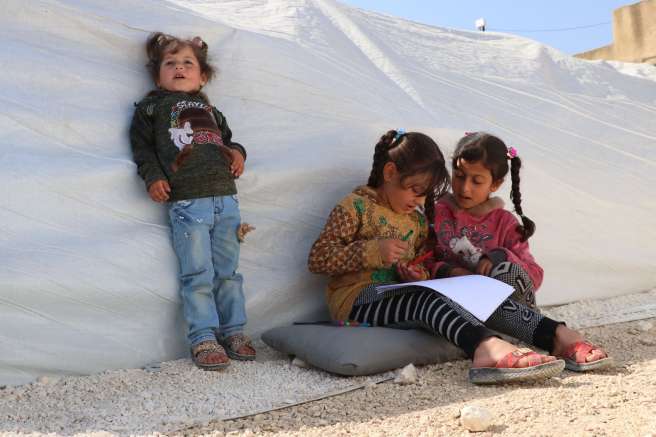
With funding from Irish Aid, Christian Aid’s local partner Hurras Network handed out emergency kits to 2,500 children impacted by the earthquake. The emergency kits contained essentials such as food, blankets, warm clothing and soap as well as stationery to keep the children entertained.
One of those given a kit was six-year-old Sara* who was forced to take shelter in a tent with her family after the earthquake. Sara said: “Life here in camp is so tough. The tent is sometimes freezing and sometimes it’s too hot.”
Image credits and information
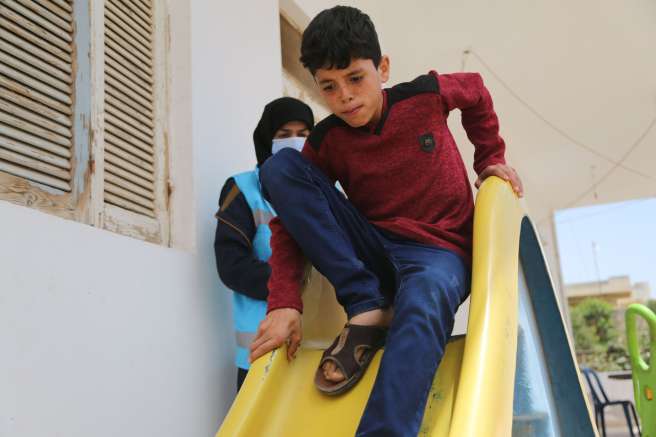
Even during the most difficult of times, it’s vital that children are given opportunities to have fun to help them cope with their situation.
Ten-year-old Sami is one of the 4,000 children attending 100 child-friendly spaces set up by Hurras Network following the earthquake, thanks to funding from Cordaid. The spaces offer fun activities and a place for children to spend time together and play.
Sami has hearing problems and a speech impediment and was not attending school before the earthquake. At the child-friendly space, he was offered specialist one-to-one educational and emotional support.
I love this place very much. I can play with toys and learn from the teacher. I've learnt my numbers and Arabic letters. This place makes me happy.
Image credits and information
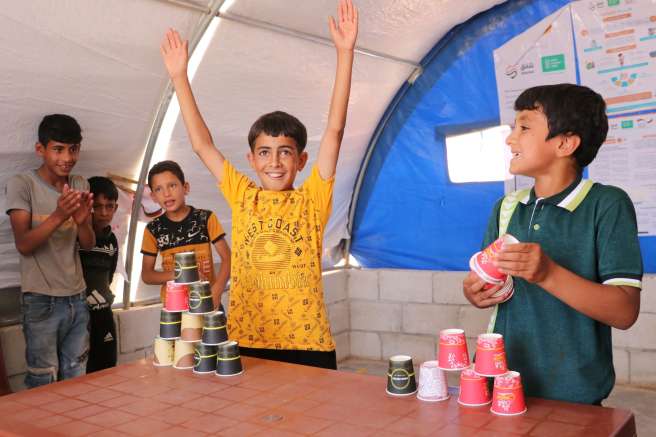
We are making up time for what we lost due to the earthquake.
Image credits and information
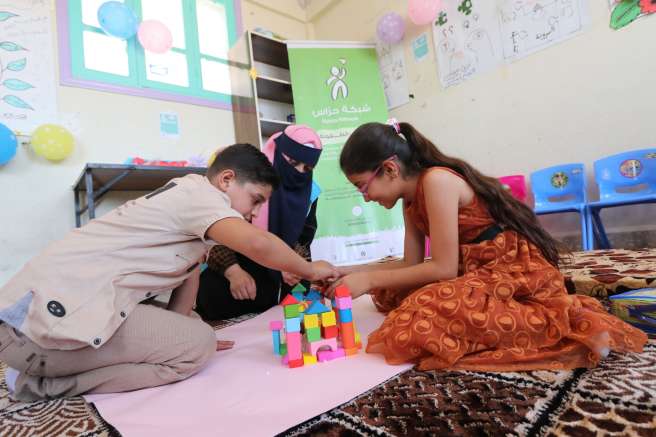
Their teacher is 35-year-old Rawa, who could see the emotional toll the earthquake had on her students. “After the earthquake, the children felt scared, anxious and had difficulty focusing,” Rawa said.
The summer school proved to be a sanctuary for 12-year-old Salwa and played a pivotal role in helping her cope with the stresses of a traumatic year. "I feel very safe here. I am with my friends, which helps me forget about the earthquake,” she said.
Returning to school has also helped children think more positively about the future. Though for 11-year-old Mahmoud, his ambitions are directly linked to his recent experience.
When I grow up I want to be an engineer so I can rebuild houses destroyed by earthquakes.
One of these students was ten-year-old Renaad, who was worried at first about going back to school. “I was afraid of another earthquake happening while I'm away from my family. The school building is old, I was afraid it might collapse,” she said.
However, the summer school also taught calming techniques to the children to help them cope with any stresses they have felt since the earthquake.
Image credits and information
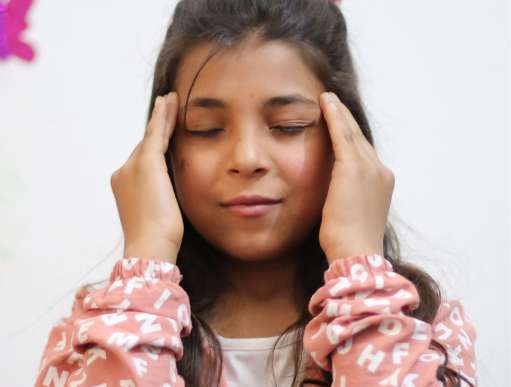
Image credits and information
